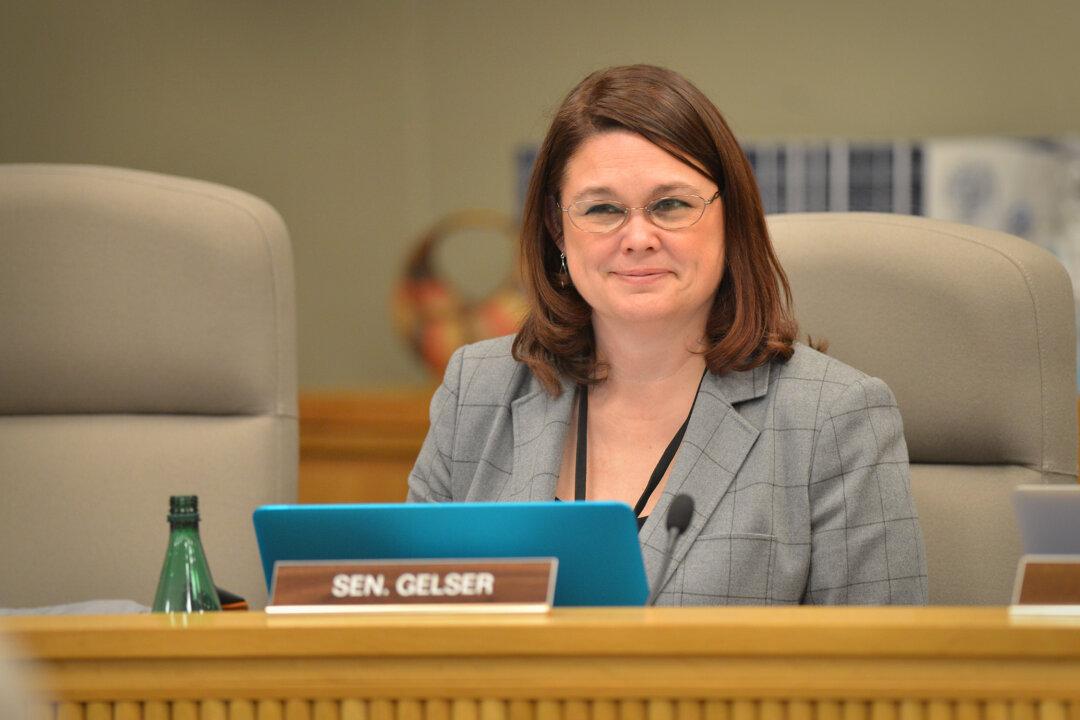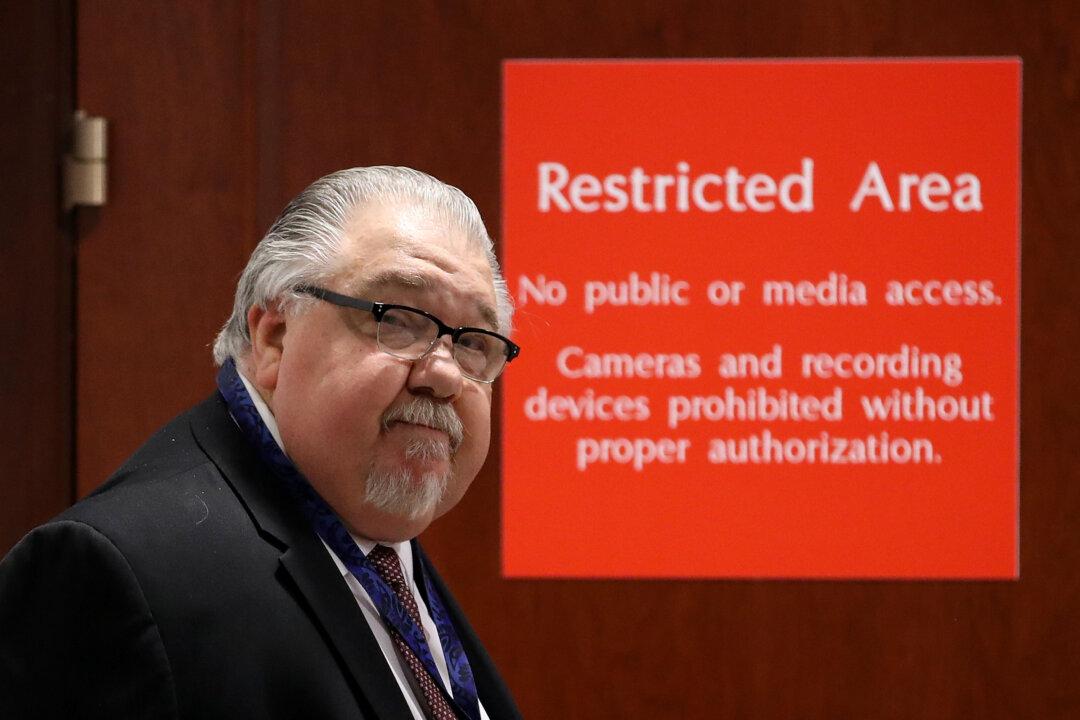A memorandum submitted to Oregon Senate Committee on Human Services Chairwoman Sara Gelser this year warned that the state’s Department of Human Services (DHS) is putting foster children at risk by sending them to out-of-state residential treatment facilities operated by companies with a history of overseeing alleged physical and sexual abuse, including the alleged cover-up of assaults.
The memo, which was leaked to The Epoch Times, is titled “Risks of harm to Oregon children in out-of-state placements” and was prepared at Gelser’s request by Ronald H. Davidson, who served for 20 years as director of the Mental Health Policy Program at the psychiatry department at the University of Illinois–Chicago.




